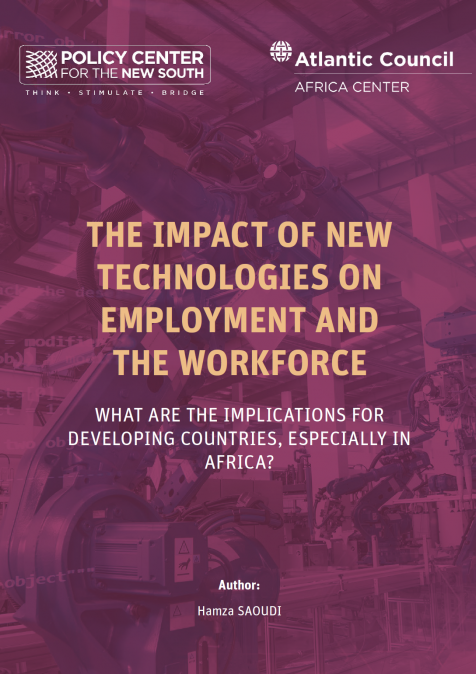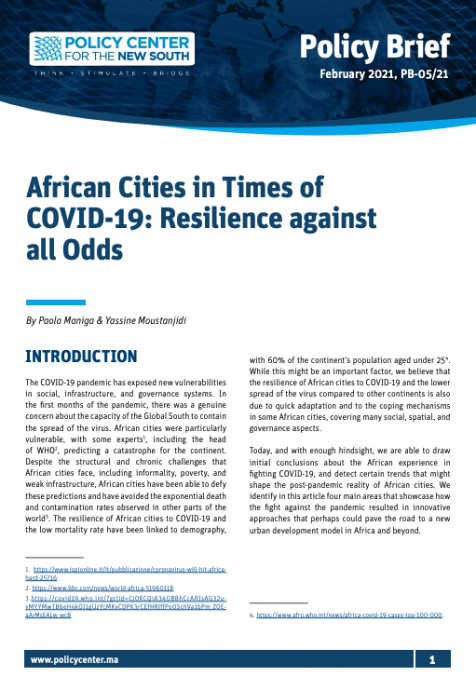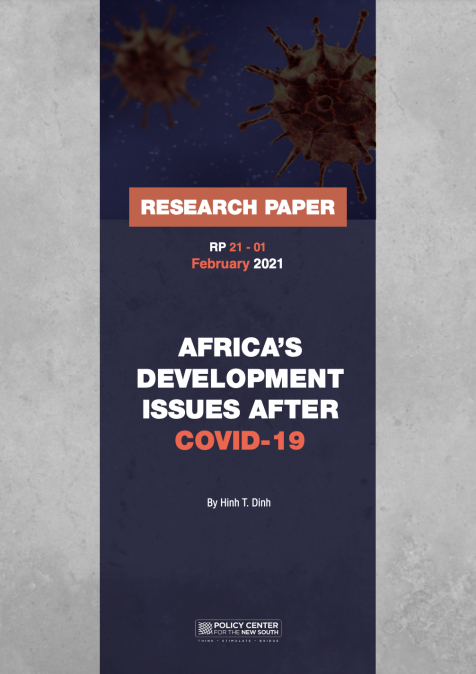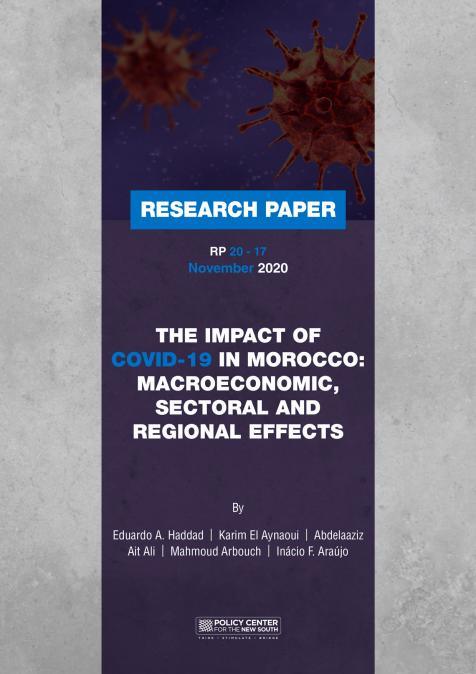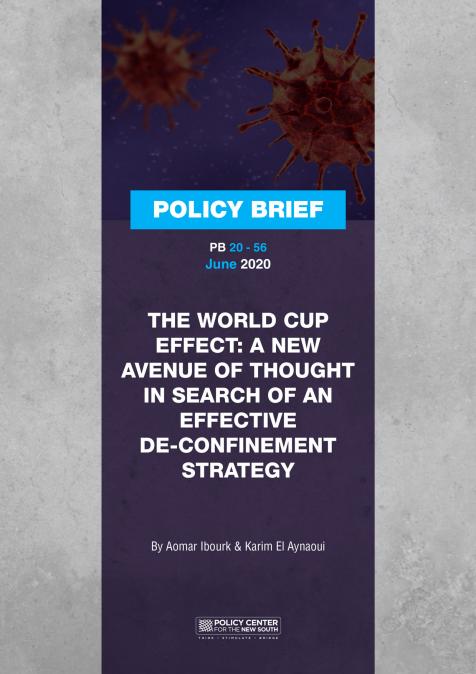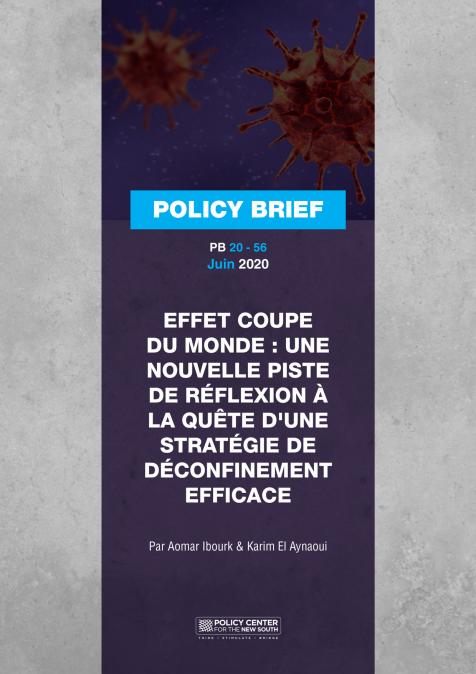Publications /
Opinion
Vingt-cinq intellectuels africains dont Kako Nubukpo, Alioune Sall, Felwine Sarr, Achille Mbembe, Reckya Madougou, Souleymane Bachir Diagne, Franck Hermann Ekra et Hakim Ben Hammouda cosignent cet appel à la mobilisation des intelligences, des ressources et de la créativité des Africains pour vaincre la pandémie de Covid-19.
Covid-19 est le nom scientifique du virus responsable d’une maladie respiratoire très contagieuse pouvant devenir mortelle. Épidémie puis reclassée pandémie par l’OMS le 11 mars 2020, ses effets sont dévastateurs : il sème la mort, plonge les économies les plus puissantes dans la récession, et constitue une menace sans précédent pour l’existence des sociétés humaines. Selon certains experts, ce virus serait annonciateur des plus funestes jours à venir pour le continent africain et ses habitants. Read more

